The Federal Government has reaffirmed its commitment to expanding access to educational materials for blind and visually impaired Nigerians through new measures under the Copyright Act 2023.
Speaking at the International White Cane Day celebration in Abuja on Wednesday, the Director-General of the Nigerian Copyright Commission (NCC), John Asein, said the Commission is developing a framework to implement the Marrakesh Treaty, which grants persons with visual impairments the right to access published works in accessible formats.
Asein explained that the new Copyright Act provides legal backing for authorised entities to reproduce learning materials—such as textbooks and literature—in Braille, audio, and large-print formats.
> “It is unacceptable that less than one percent of published materials in Nigeria are accessible to the blind. That number must change, and we are determined to change it through effective policy enforcement and collaboration with stakeholders,” he said.
He added that the NCC is partnering with the Nigerian Association of the Blind (NAB), the National Commission for Persons with Disabilities (NCPWD), and the World Intellectual Property Organisation (WIPO) to issue guidelines ensuring publishers and authors comply with accessibility requirements.
The Commission also plans to make it mandatory for a portion of publicly funded educational materials to be produced in accessible formats.
In his remarks, James Lalu, Executive Secretary of the NCPWD, described the initiative as a major step toward inclusive education. He said the white cane symbolises safety and access, urging the public to show more respect and empathy for visually impaired persons.
Stanley Onyebuchi, President of the NAB, praised the NCC’s efforts but appealed to the government to address unemployment and safety challenges faced by the blind. He specifically called on the FCT Minister to seal open manholes that pose risks to visually impaired residents and urged the government to provide scholarships and empowerment opportunities.
Agada Jacob, Chairman of the NAB FCT Chapter, emphasised that the white cane stands for independence and dignity, calling on society to dismantle barriers that restrict persons with disabilities from full participation in social life.
The International White Cane Day, observed annually on October 15, promotes the independence, safety, and inclusion of visually impaired persons and raises public awareness about their rights and challenges.



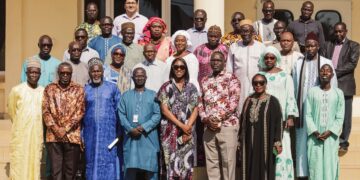

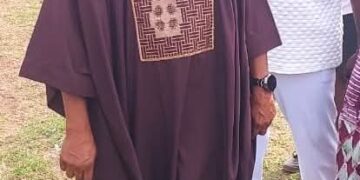
























































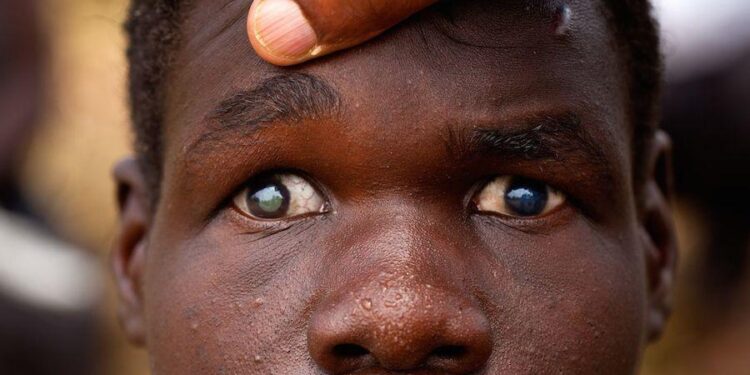






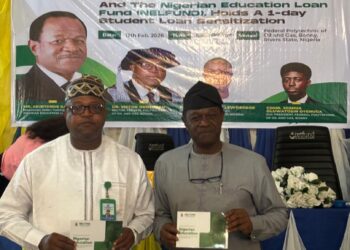

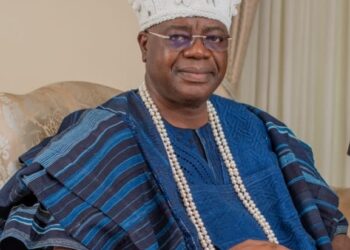
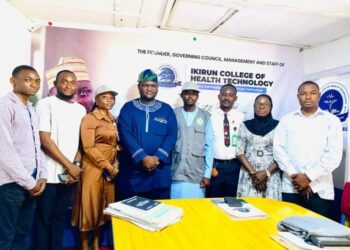










 EduTimes Africa, a product of Education Times Africa, is a magazine publication that aims to lend its support to close the yawning gap in Africa's educational development.
EduTimes Africa, a product of Education Times Africa, is a magazine publication that aims to lend its support to close the yawning gap in Africa's educational development.